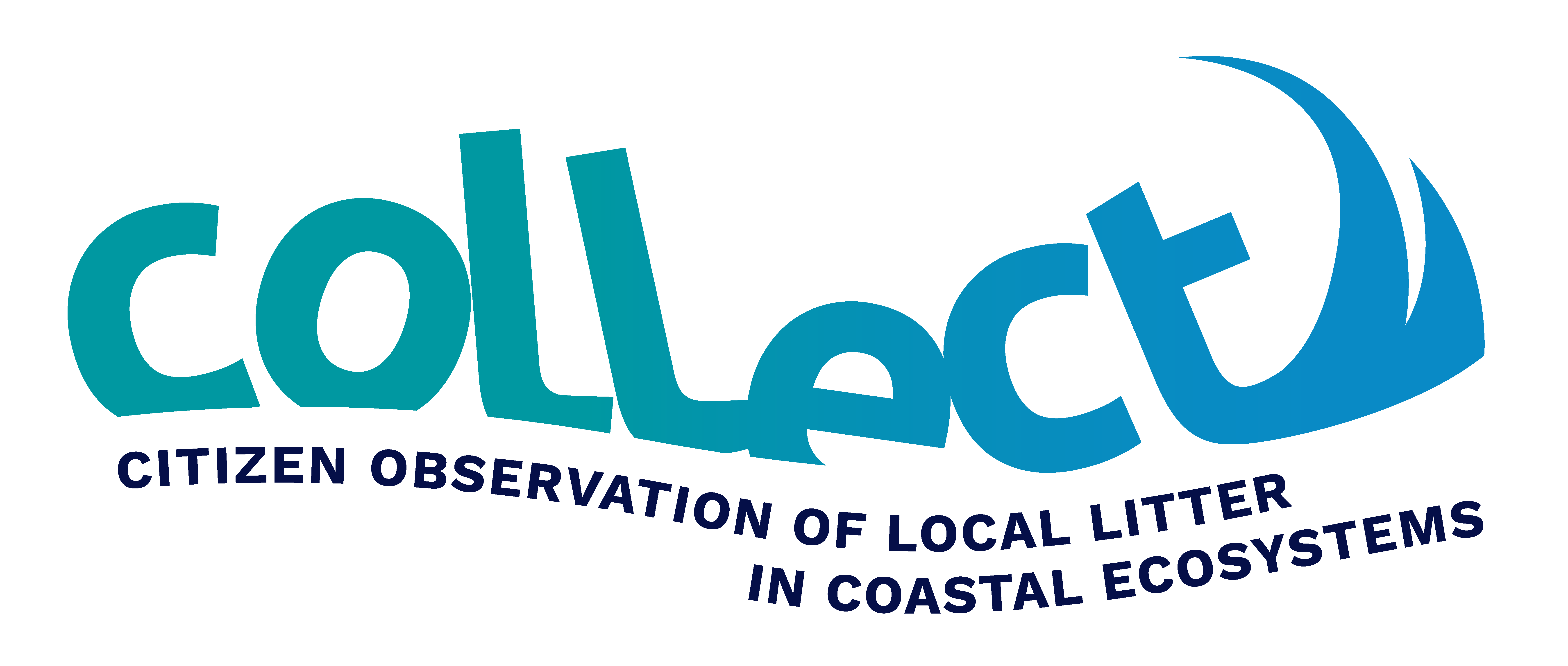International COLLECT project works with schools in six African countries to survey plastic pollution on beaches
– Students in Ghana, Nigeria, Benin, Ivory Coast, Cape Verde and Morocco become ‘Citizen Scientists’ and contribute to scientific research –
The Partnership for Observation of the Global Ocean (POGO) has, via the COLLECT Project, joined forces with ten secondary schools from six African countries, to tackle plastic pollution in coastal environments. Students and teachers will go to beaches during this month (October 2021) to observe and collect plastic litter and, together with experts from universities and research institutes, will contribute to the body of knowledge on distribution and abundance of coastal debris in African countries.
The COLLECT project, which stands for Citizen Observation of Local Litter in Coastal ECosysTems, is a citizen science study funded by the Richard Lounsbery Foundation (USA). The goal is to actively involve the local community in raising awareness of the consequences of plastic pollution, which can not only damage the environment, but can also have a negative economic impact when it accumulates in the ocean and coastal areas.
“When poorly managed, plastic waste reaches the coast and the sea, and it can get entangled with marine organisms, or be mistaken for food items and be ingested by fish, birds and other animals” says Dr Edem Mahu, from Ghana University, who is co-leading the COLLECT project. “Plastic pollution can therefore impact the livelihood of human communities. For example, tourism can be affected if the coast is not clean. And fisheries can be impacted if fish populations decline due to plastic debris.”
“To know more about the distribution and accumulation of plastic debris in the environment, researchers can work together with citizen scientists to gather as much information as possible” comments Dr Ana Catarino, from the Flanders Marine Institute (Belgium), who is also leading COLLECT. “Through this project, we will work together with students from over ten schools, in Ghana, Nigeria, Benin, Ivory Coast, Cape Verde and Morocco, to raise awareness about plastic pollution. It is a great international collaboration effort.”
At the end of the project, the data will be publicly available via EMODnet Chemistry, an international data aggregator, so it can assist the public and regulators into taking informed decisions against plastic waste in African beaches.
For further information, please contact: collect@pogo-ocean.org
Please also visit the project webpage: https://pogo-ocean.org/innovation-in-ocean-observing/activities/collect-citizen-observation-of-local-litter-in-coastal-ecosystems/

